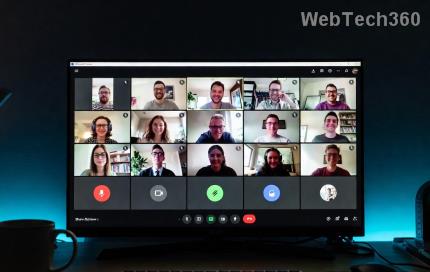From October to January, we have a lot of holidays. But there is one special day in November that many people don't notice: World Toilet Day , which is held on November 19. But why celebrate toilets? They're just an essential part of everyday life, right?

In fact, the global sanitation situation is alarming: according to UNICEF and the World Health Organization (WHO), 2.3 billion people worldwide do not have access to basic sanitation. Everyone has the right to a clean, safe place to go to the toilet, which is why World Toilet Day was created.
World Toilet Day - What is World Toilet Day?
World Toilet Day was founded by the World Toilet Organization in 2001 and has since become an official United Nations observance. The goal is to raise awareness and inspire action to address the global sanitation crisis.
The current goal of World Toilet Day is to make sure people know about the United Nations' Sustainable Development Goal 6: water and sanitation for all by 2030. Based on the current state of sanitation, the world will have to work four times faster to reach that goal.
Why is there a World Toilet Day?
This is a question many people ask. Think about your life without them. Where would your waste go? How far would you have to walk from home to find a private place? Would you encounter insects, snakes, wild animals, or potentially dangerous people when you go to relieve yourself outdoors? How would you stay clean and safe from disease?
When you go to the toilet and flush, your waste is washed away. Do you know where it goes?
For most people, waste is cleaned and discharged into a nearby river or ocean. For those without toilets or adequate sanitation, their untreated waste goes straight into the water and soil. Yes, feces right under your feet and in the water you drink.

“Inadequate sanitation systems dump human waste into rivers, lakes and soil, polluting the water beneath our feet,” says the United Nations . “Yet the problem is invisible. Invisible because it occurs underground. Invisible because it occurs in the poorest and most marginalized communities .”
Proper sanitation is more than just a matter of convenience—it’s a basic human right and vital to public health. Poor sanitation leads to the spread of diseases like cholera and typhoid, and can also have devastating effects on women’s safety and menstrual hygiene.
All of this has huge implications for the world economy—if fewer people are learning, working, and innovating, it hurts us all.
How to celebrate World Toilet Day?
Spread the word! Share on social media and educate your friends and family about the global sanitation crisis. Donate to organizations like UNICEF or WaterAid, which work to improve access to clean water and sanitation in developing countries.
Most importantly, don't take your bathroom for granted. It's great to have access to safe, private sanitation in your everyday life.















